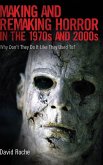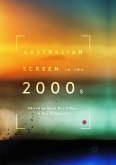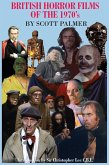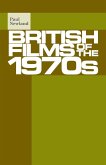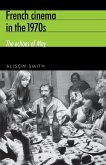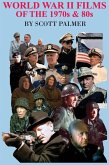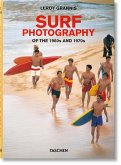AN EXPANSIVE TREATMENT OF THE MEANINGS AND QUALITIES OF ORIGINAL AND REMADE AMERICAN HORROR MOVIES In Making and Remaking Horror in the 1970s and 2000s author David Roche takes up the assumption shared by many fans and scholars that original horror movies are more "disturbing," and thus better than the remakes. He assesses the qualities of movies, old and recast, according to criteria that include subtext, originality, and cohesion. With a methodology that combines a formalist and cultural studies approach, Roche sifts aspects of the American horror movie that have been widely addressed (class, the patriarchal family, gender, and the opposition between terror and horror) and those that have been somewhat neglected (race, the Gothic, style, and verisimilitude). Containing seventy-eight black and white illustrations, the book is grounded in a close comparative analysis of the politics and aesthetics of four of the most significant independent American horror movies of the 1970s--The Texas Chain Saw Massacre, The Hills Have Eyes, Dawn of the Dead, and Halloween--and their twenty-first-century remakes. To what extent can the politics of these films be described as "disturbing" insomuch as they promote subversive subtexts that undermine essentialist perspectives? Do the politics of the film lie on the surface or are they wedded to the film's aesthetics? Early in the book, Roche explores historical contexts, aspects of identity (race, ethnicity, and class), and the structuring role played by the motif of the American nuclear family. He then asks to what extent these films disrupt genre expectations and attempt to provoke emotions of dread, terror, and horror through their representations of the monstrous and the formal strategies employed? In this inquiry, he examines definitions of the genre and its metafictional nature. Roche ends with a meditation on the extent to which the technical limitations of the horror films of the 1970s actually contribute to this "disturbing" quality. Moving far beyond the genre itself, Making and Remaking Horror studies the redux as a form of adaptation and enables a more complete discussion of the evolution of horror in contemporary American cinema. DAVID ROCHE, Toulouse, France, is professor at the Université Le Mirail. He is the editor of Conversations with Russell Banks (published by University Press of Mississippi), coeditor of Approaches to Film and Reception Theories, and author of L'Imagination malsaine: Russell Banks, Raymond Carver, David Cronenberg, Bret Easton Ellis, David Lynch.
Hinweis: Dieser Artikel kann nur an eine deutsche Lieferadresse ausgeliefert werden.
Hinweis: Dieser Artikel kann nur an eine deutsche Lieferadresse ausgeliefert werden.


